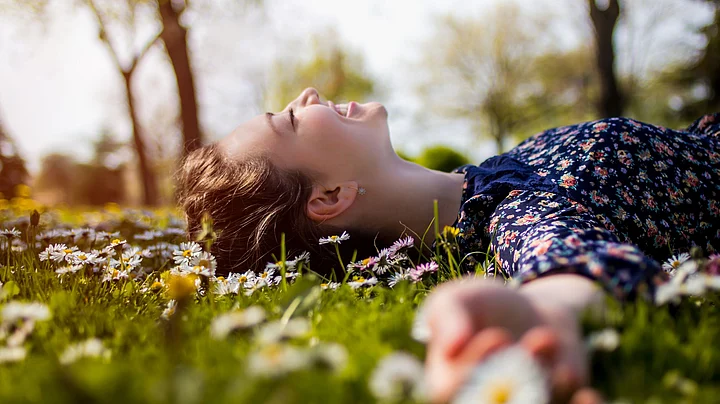Living near green spaces is linked to a number of benefits, including a lower risk of obesity. Now researchers have found that living in a greener neighbourhood is associated with older age at the onset of menopause.
The study, published in the journal Environment International, analysed the data of 1,955 women from nine countries (Spain, France, Germany, Belgium, United Kingdom, Sweden, Estonia, Iceland and Norway) who took part in the European Community Respiratory Health Survey (ECRHS).
Over a 20-year period, participants completed questionnaires on their health and lifestyle factors and underwent blood sampling. The availability and extent of green space in their neighbourhoods was also calculated.
"We know that stress increases the level of cortisol in the blood, and numerous studies have shown that exposure to green spaces reduces it," said study lead author Kai Triebner from the Barcelona Institute for Global Health (ISGlobal) in Spain.
"Low cortisol levels have been associated with increased levels of estradiol, an important female sex hormone. Perhaps women who live near green spaces have lower cortisol levels, which would allow them to maintain higher levels of estradiol, which may in turn delay the onset of menopause," Triebner added.
The study found that women living in neighbourhoods with little green space became menopausal 1.4 years earlier than those living in the greenest areas.
On an average, the age at menopause was 51.7 years for women living in the greenest areas, compared with 50.3 years for women living in areas with little green space.
In addition to genetic factors, age at menopause is influenced by lifestyle factors such as smoking, obesity, physical activity and the use of oral contraceptives, the researchers said.
According to the study, a number of biological processes could explain the association between green space and older age at menopause.
"Exposure to green space is also associated with a lower risk of certain mental health conditions, such as depression, which is also associated with younger age at menopause," Triebner said.
(This story was auto-published from a syndicated feed. No part of the story has been edited by FIT .)
(At The Quint, we question everything. Play an active role in shaping our journalism by becoming a member today.)
